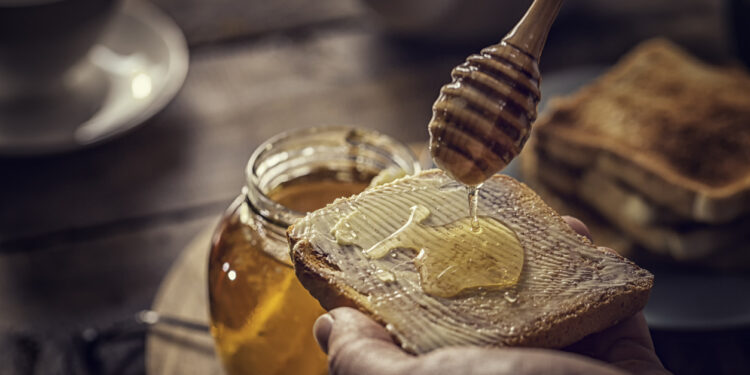Brussels – An agreement to put order on the table already early in the morning: co-legislators from the EU Parliament and Council late last night (January 30) reached a provisional political agreement on the so-called ‘breakfast directive’ aiming to make disclosure requirements more clear and transparent for consumers on four categories of food products: honey, jam, fruit juice, and dehydrated milk “Marketing standards ensure that the food we consume is of high quality,” Belgian Agriculture Minister and rotating chair of the EU Council David Clarinval said, commenting on the broad outlines of the agreement. “It will empower consumers to make well-informed choices regarding the food they consume and it will help combat food fraud.”
The revision adds to the 2001 directive on trade in the four categories of food products. Once the new ‘breakfast directive’ is formally adopted, the rules on their composition, labeling, and designation will be updated to encourage a shift to healthier diets and ensure transparency on the origin of products. The agreement came just over a month after the approval in Parliament and will need to be adopted by both co-legislators after they continue to work at a technical level in the coming weeks to hammer out the details of the revised legislation. The new ‘breakfast directive’ will then be published in the Official Journal of the EU and enter into force 20 days later, with the new rules implemented by member countries within two years.
The most substantial chapter of the ‘breakfast directive’ concerns honey. In particular, country-of-origin labeling and the traceability system. “Much of the honey imported from non-EU countries is suspected of being adulterated with sugar and remains undetected on the EU market,” co-legislators warn while updating the rules. Countries of origin will be indicated on the label in descending order by weight (no longer only whether or not the honey comes from the EU), and the label will also include the percentage each country represents in the blend. The 27 Member States may decide that the requirement applies only to the four most significant shares (as long as they represent more than 50 percent of the total weight). In the case of packages weighing less than 30 grams, a two-letter Iso code may replace the names. To further limit fraud, the EU Commission will propose a unique identification code to trace beekeepers, and an expert platform will support data collection to detect alterations and provide recommendations on a traceability system for producers and importers.
On fruit juices, the text calls for the addition of three new categories to reflect the growing demand for sugar-reduced products: ‘sugar-reduced fruit juice concentrate,’ ‘sugar-reduced fruit juice from concentrate,’ and ‘sugar-reduced fruit juice’ if at least 30 percent of the sugar present in nature is removed. Traders will be able to choose the label ‘fruit juices contain only natural sugars,’ but also use sweeteners to offset the effect of sugar reduction on the taste, texture, and quality of the end product. For fruit jams, an increase in the minimum fruit content in jams (100 grams more per kilogram) and extra jams (50 grams more per kilogram) was agreed upon, ensuring the “meaningful” distinction between the two categories (450 grams as a general rule for jams, 500 grams for extra jams). Finally, in the case of dehydrated milk, it will be possible to use of treatments that produce lactose-free dehydrated milk products.
English version by the Translation Service of Withub
![Via libera dell'europarlamento alla direttiva colazione [foto: Wikimedia Commons]](https://staging.eunews.it/wp-content/uploads/2023/12/breakfast-350x250.jpg)




